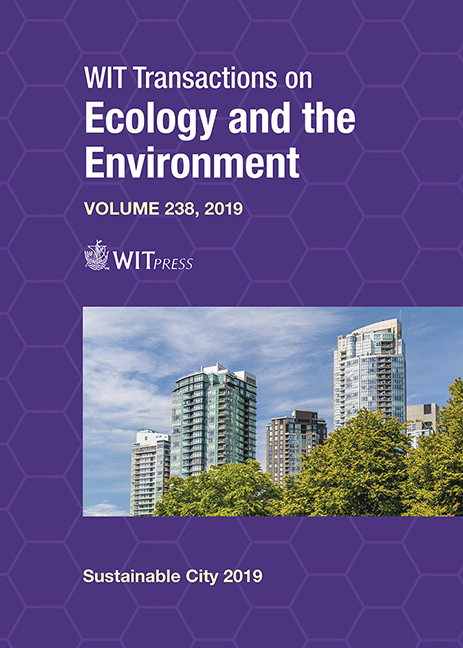GENDER CONSIDERATIONS IN SUSTAINABLE RURAL LIVELIHOOD PLANNING: ENGENDERING RURAL DEVELOPMENT PLANNING IN A SOUTH AFRICAN CONTEXT
Price
Free (open access)
Transaction
Volume
238
Pages
10
Page Range
543 - 552
Published
2019
Paper DOI
10.2495/SC190471
Copyright
WIT Press
Author(s)
MENINI GIBBENS, CAREL SCHOEMAN
Abstract
While it may be argued that worldwide women in rural areas are more likely to experience poverty than rural men and urban men and women, it is an even greater challenge for Africa. The impoverishment experienced by the communities in predominately rural areas of Africa, especially the more vulnerable segments of the population such as women, pose a significant challenge to the ensuring of their livelihoods. Furthermore, in South Africa rural women must also contend with the legacy of apartheid policies, which for instance had significant socio-economic impacts such as the disruption of the familial support structures, in addition to bearing the brunt of poverty. The aim of this research is to emphasise the significant contribution that the development of sustainable rural livelihoods could have, as well as the necessity of engendering rural development approaches in South Africa, in effectively addressing rural poverty. It also creates the opportunity of promoting gender equity, through the incorporation of the perspectives, needs and interests of women (which are different from men and moreover reflect the needs of children and families) in decision making. This article investigates the contribution that sustainable livelihood development has in alleviating poverty in rural areas and the contextual gendered realities attendant to rural livelihoods in South Africa. The result of this study indicates that although there are several ways in which the gender dimension can be incorporated in the development of sustainable rural livelihoods, there are certain fundamental aspects that are required in a South African context. These are strategies related to the specific contextual empowerment of women, the resources that women in rural areas have access to and an appropriate scale of intervention. The central role of women in sustainable rural livelihoods, both as the most deprived grouping as well as most vigorous drivers of development, should form the crux of sustainable rural livelihood development initiatives.
Keywords
sustainable rural livelihood, rural women, empowerment, land rights, ICT, microdevelopment





